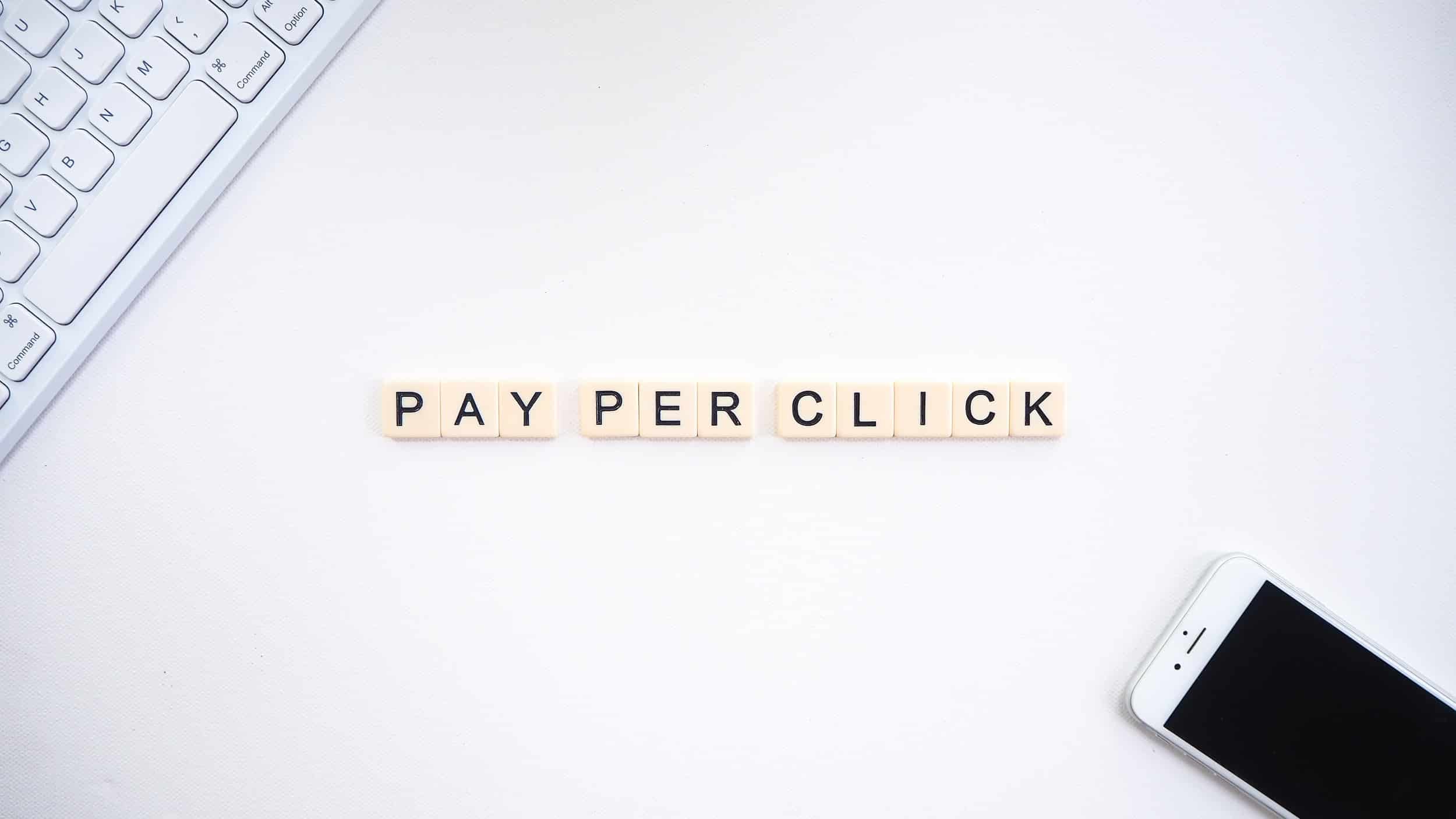
When it comes to PPC (pay-per-click) advertising on Google Adwords, businesses of all types can benefit and reap the rewards of effectively bringing targeted traffic to their sites. Staying ahead of the game however, takes more than creative ads and large marketing budgets. Recognizing these common mistakes and knowing how to prevent and fix them will undoubtedly set you up for success in your pay-per-click campaigns.
1) Ignoring default PPC settings
Google is notorious for their sneaky default settings, so forgetting to edit your account information can be a costly mistake. If you lack the time and budget to manage another strategy, opt out of the Content Network and revisit it later. Don’t overuse broad match keywords either, or you risk showing up for irrelevant searches!
If you have more than one ad variation in a PPC group, the variation with the higher CTR is recommended by Google. The ad with the most clicks may not be your best converting one so make sure you adjust your ad delivery and select “rotate” so each ad gets approximately the same amount of impressions. Once you’ve collected data for a few days you can make the necessary adjustments.
Unfortunately, with Google Enhanced, you can’t opt out of the device targeting for desktop, tablet and mobile. The best way to target one or more of these devices is to adjust the bids. The default is 0% for each device, so just increase the bid % up for the device you want the majority of your traffic from. You’ll have to test the default bid and % weighting to get it optimized for your campaign.
2) Setting up too many ads in a group
As a noob this was my biggest mistake. I would get a burst of creativity and go buck wild making all sorts of juicy PPC ads. I would have six or seven ads running in a group but didn’t have a huge budget so each ad would get very minimal exposure. As a result, the data I collected wasn’t very reliable.
Be sure to set up no more than three to four ads per group for different products and be specific (ex. incorporate keywords that a consumer will likely use to search into you ad copy). If one ad isn’t performing well, pause it and try replacing it with a new one. The more relevant your ad is the higher quality score and ultimately CTR.
3) Neglecting negative keywords
I was once promoting an offer that had a similar name to a band I was not aware of. I received tons of clicks but no conversions basically because fans were clicking on my ad but going to a site that had nothing to do with music.
If you are not offering something free or discounted, make sure you add “free” and “discount” to your list of negative words. Research and comparison shopping keywords should also be added if they are irrelevant to your offer (ex. what is, how to). Continuously add to and refine your negative keyword list by using the Google Keyword Tool and analyzing your search queries report to see how users are finding you. Don’t forget you have the ability to set negative keywords at both the ad group and campaign level (usually recommended).
4) Sending every PPC ad to your home page
Sending traffic to your home page isn’t all that effective unless you are running a generic branding campaign. An intent based consumer doesn’t want to find you on a Google search only to have to do another search on your site to locate what they need. It’s usually better to send users to a deep link product page (where applicable) or a customized landing page relevant to the ad copy being used.
5) Measuring the wrong metrics
CTR (click-through rate) and CPA (cost per action) shouldn’t be your end all determinants of success. High CTR also doesn’t always equal high conversion rates so don’t disregard a lower CTR too quickly but evaluate the entire output.
Depending on whether you are buying traffic on a CPM or CPC basis, I suggest evaluating CTR along with the conversion rate to find out eCPM (earnings for every thousand impressions) or EPC (earnings per click). Check out another one of our articles to find out why tracking earnings per click really matters to affiliates.
If you’re an advertiser, what PPC mistakes have you made? Share your experiences in the comments.
Author
Becky is the Senior Content Marketing Manager at TUNE. Before TUNE, she handled content strategy and marketing communications at several tech startups in the Bay Area. Becky received her bachelor's degree in English from Wake Forest University. After a decade in San Francisco and Seattle, she has returned home to Charleston, SC, where you can find her strolling through Hampton Park with her pup and enjoying the simple things in life.




Leave a Reply
You must be logged in to post a comment.